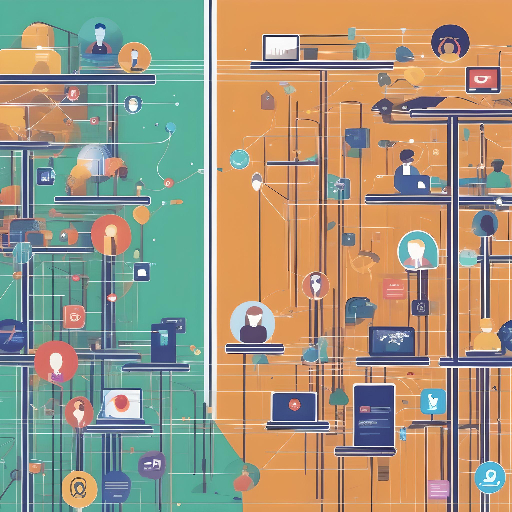Based on an e-mail exchange with my friend C____:
Dear C___,
As you suggest, a (reverse) network effect is certainly a better description of how the decline of IRL social interaction (also known as real-life friend and family relationships) is playing out than a “tragedy of the commons.” Same as for onscreen social networks, the value of an individual’s IRL social network — its capacity to supply IRL interaction (friendship, companionship, love) — correlates with the number and variety of other individuals available on the network to interact with. As the value of artificial, onscreen networks increases, the value of our natural one decreases.
Like the increase in the value of online social networks, the decrease in the value of our IRL network is not related in a linear way to the increase or decrease in the number of participants. As people drop out of the IRL network for more and more hours per day, our IRL networks are hollowed out, leaving many of us marooned in loneliness and isolation. The people-hours simply aren’t there for spending enough time together with others in person.
That’s the “network effect.” It’s only amplified by the number of those lost IRL people-hours that go to parasocial onscreen relationships, where one person monopolizes the people-hours of many — sometimes vast numbers — asynchronously and one-way only.
It’s worth thinking about the problem in this way because it reveals the collective consequences of individual decisions to spend time online. Typically, arguments for reducing screen-time focus on the individual benefits of doing so. But the impact on others is huge: the more time you’re tied up with whichever screen, the less you have available for others IRL. The reverse is also true, of course: the less time you spend with your personal technology, the more you have available to offer your unmediated human presence to others. Hence, our individual choices about how we use our technology have an ethical dimension. They are not just about our personal, individual well-being.
